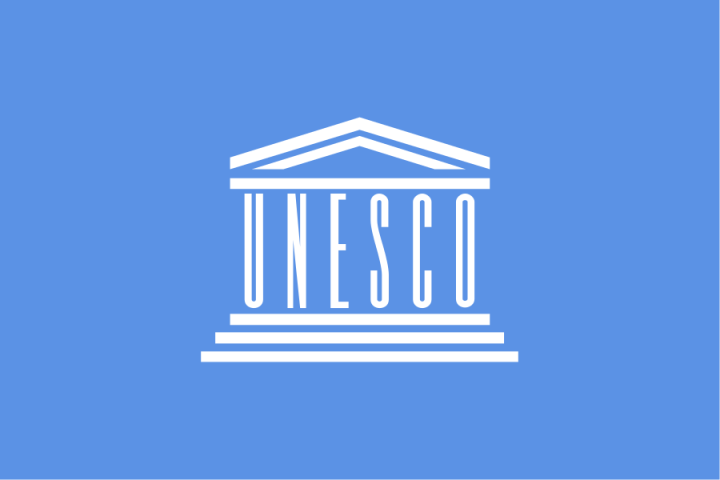UNESCO marks 70th year of Hague Convention with new initiatives
Adopted on May 14, 1954, in response to the devastation wrought by the Second World War, the Hague Convention represented a landmark moment for the international community.

As the Convention for the Protection of Cultural Property in the Event of Armed Conflict commemorates its 70th anniversary, UNESCO celebrates the significant progress achieved under the Convention and announces new initiatives during an international conference in The Hague, organized in collaboration with the Netherlands.
Adopted on May 14, 1954, in response to the devastation wrought by the Second World War, the Hague Convention represented a landmark moment for the international community. It established a clear and comprehensive global legal framework to safeguard cultural property from the ravages of armed conflict and to hold accountable those responsible for its deliberate destruction.
Over the past seven decades, the Convention has facilitated concrete action on the ground, including the conduct of localized inventories of cultural property, the marking of such property with the Blue Shield emblem, and the provision of training to military personnel. Notably, more than 7,500 military personnel have been trained in cultural heritage protection across various countries in the last five years alone.
Furthermore, UNESCO has extended financial assistance to a dozen countries, enabling them to better anticipate risks, respond decisively during conflict situations, and expedite post-conflict recovery efforts. Beneficiary countries include Burkina Faso, Libya, Mali, Paraguay, and Ukraine.
The Hague Convention has also led to the establishment of a List of Cultural Property under Enhanced Protection, comprising 55 cultural sites. This status triggers heightened protection measures and empowers the judicial system to prosecute perpetrators of damage or destruction.
In alignment with current needs and technical resources, UNESCO announced three new initiatives during the international conference:
International Training Program for Judges and Prosecutors: This initiative aims to enhance legal mechanisms for protecting cultural property by providing training to judiciary professionals in data collection, analysis, and investigation of heritage destruction. Modeled on an existing program focused on press freedom, the training program seeks to strengthen the capacity of legal professionals.
Civil-Military Alliance for Heritage Protection: UNESCO proposes the creation of an alliance to accelerate the establishment of specialized units for heritage protection, particularly in Africa. The alliance will facilitate collaboration between military personnel and heritage experts, fostering knowledge-sharing and best practices.
Training in Cutting-Edge Technologies: UNESCO will support States Parties to the Convention in leveraging advanced technologies such as satellite imagery, artificial intelligence, and preventive digitization of cultural property. Training programs will be tailored to equip site managers and military personnel with the skills necessary to utilize these technologies effectively.
These initiatives reflect UNESCO's ongoing commitment to safeguarding cultural heritage and promoting international cooperation in the protection of cultural property during armed conflict.
- READ MORE ON:
- UNESCO
- Netherlands
- Hague Convention










